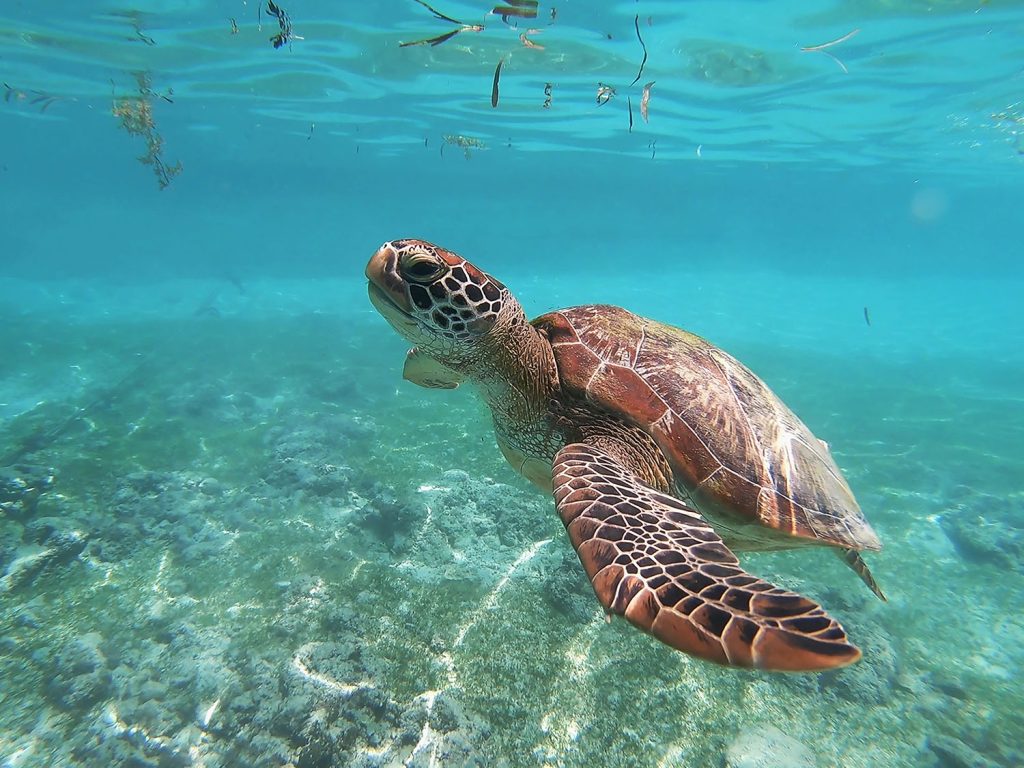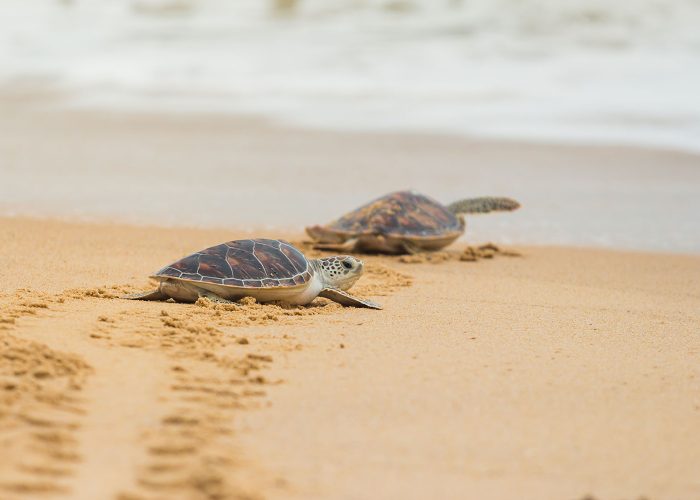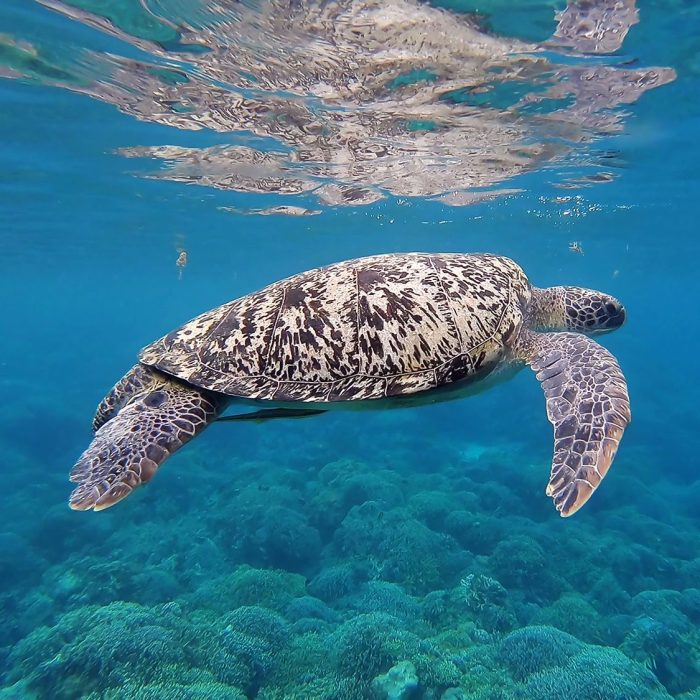Sea Turtle
Nesting Season


Sea Turtle Nesting Season takes place from March 1 – October 31 each year. If your production is taking place on a beach in Broward County during this time period, there are important requirements to consider when planning for your project.
Broward County beaches are monitored daily during this time period for sea turtle nests, but not all nests are individually marked, therefore it may be assumed that a nest may be anywhere on the beach.
Standard conditions for filming during turtle nesting season are as follows:
No penetration of the sand is allowed by any equipment. Tripods are permitted to penetrate the sand no more than six inches. Any equipment that will penetrate the sands more than six inches in depth must have plywood or other sturdy surface placed underneath the equipment in order to prevent penetration.
Lights are not permitted on the beach before sunrise or after sunset during turtle nesting season.
The use of heavy equipment and street vehicles to transport equipment on the beach is prohibited.
The production company shall not modify, cut or otherwise disturb existing beach dune topography or vegetation. No excavation of sand landward of the mean high water line is permitted.
Any temporary, minor disturbances in the sand including ruts, depressions, holes or mounds less than 6 inches (made by equipment) should be filled in and raked smooth with hand tools.
In the event that an unmarked marine turtle nest is exposed, or a dead, injured or sick marine turtle is discovered during prep, production or wrap, the production company must cease all activity and immediately notify the local sea turtle monitor.
Sea turtles in Florida are protected through Florida Statutes, Chapter 379 of The Marine Turtle Protection Act and by the United States Endangered Species Act of 1973. These laws state that: “No person or corporation may knowingly take, disturb, mutilate, destroy, cause to be destroyed, transfer, sell, offer to sell, molest or harass any marine turtles or the eggs or nest of any marine turtles.” Any person who knowingly violates any provision of the act may be assessed civil penalties up to $25,000 or a criminal penalty up to $100,000 and up to one year imprisonment. All persons involved in production acknowledges they will be held responsible for any infractions of federal, state and local laws.

Specific Requirements
The DEP Office of Beaches and Coastal Systems issue permits for special activities on the beach. However, if turtle concerns are an issue, the applicant and the DEP will coordinate with the Florida Fish & Wildlife Conservation Commission (FWC). The following are specific issues and concerns raised by the DEP:
The Department of Environmental Protection (DEP) strongly discourages nighttime filming on nesting beaches during the nesting season. Options that exist for nighttime shots include filming at beaches that face bays rather than the ocean. Nighttime filming is a concern because:
- The lights from filming can disorient nesting female and hatchling turtles (causing them to crawl toward the lights rather than the ocean, where they can succumb to predators, become trampled or run over, or die of dehydration).
- The noise and activity on the beach from a filming event can disturb nesting females, causing them to abandon their nesting attempt.
- The potential for nest crawls to be obscured and hatchlings to be crushed exists when the film crews are working in the dark.
However, the DEP will consider quiet filming conducted with night vision equipment and without lights (as found in some nature films). If the filming is of turtles, a letter of permission from the FWC is required. Use of lights during the daytime hours (between sunrise and sunset) is perfectly acceptable.
Structures on the beach during the marine turtle season are not totally out of the question. The following basic precautions would minimize the potential harm to turtles:
- The structure can be placed on the beach without any excavation or digging of the sand, or use of equipment heavier than an ATV.
- The beach has an ongoing turtle nesting survey in which all nests are being marked. The applicant has the turtle survey person on site during structure placement.
- The structure can be removed each night, and no materials are put out in the morning before the turtle survey is complete.
The following are some concerns that the DEP has addressed in the past:
- Pyrotechnics – fireworks, or other similar brief flashes of light of no more than a few seconds duration, are of minimal concern. They do not last long enough to disturb the turtles (though repeated flashes and noise could potentially disturb nesting females).
- Blazing fires can disorient nesting females and hatchlings. Each year we have several incidents of hatchlings crawling to their deaths into illegal bonfires on the beach. Generally productions are not able to permit fires at night during nesting season.
- Driving on the beach, particularly heavy equipment or stunt car driving, is a concern. This has the potential to excavate sand, impact turtle nests, or leave ruts in which hatchlings can become entrapped.
For more information, please visit the FWC webpage or contact them at 888.404.FWCC.
These conditions are general guidelines and are subject to change on a per project basis depending on production details, location of shoot, and various other factors.


